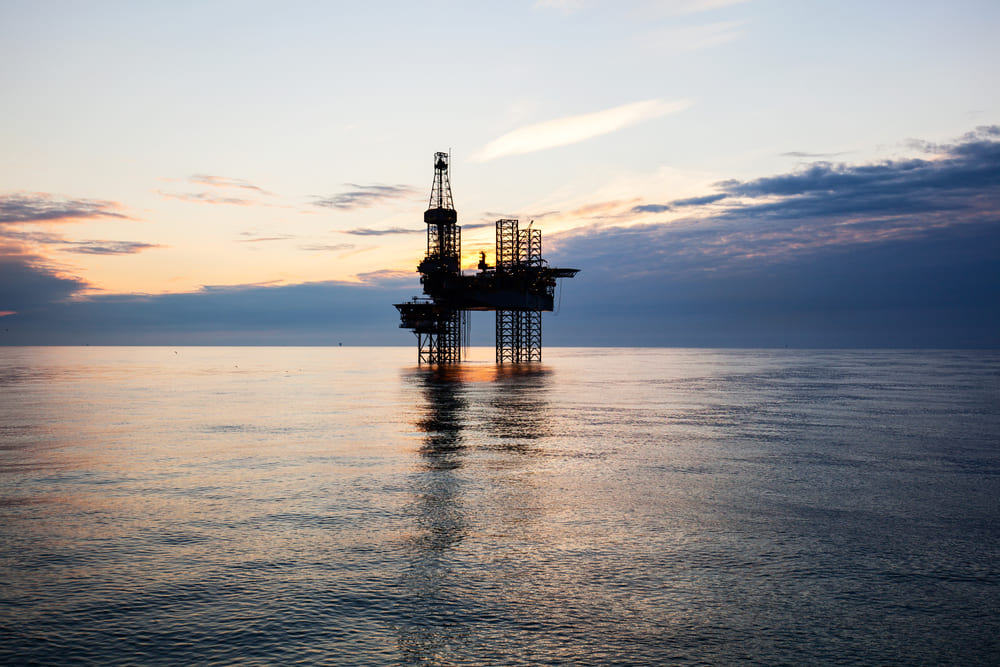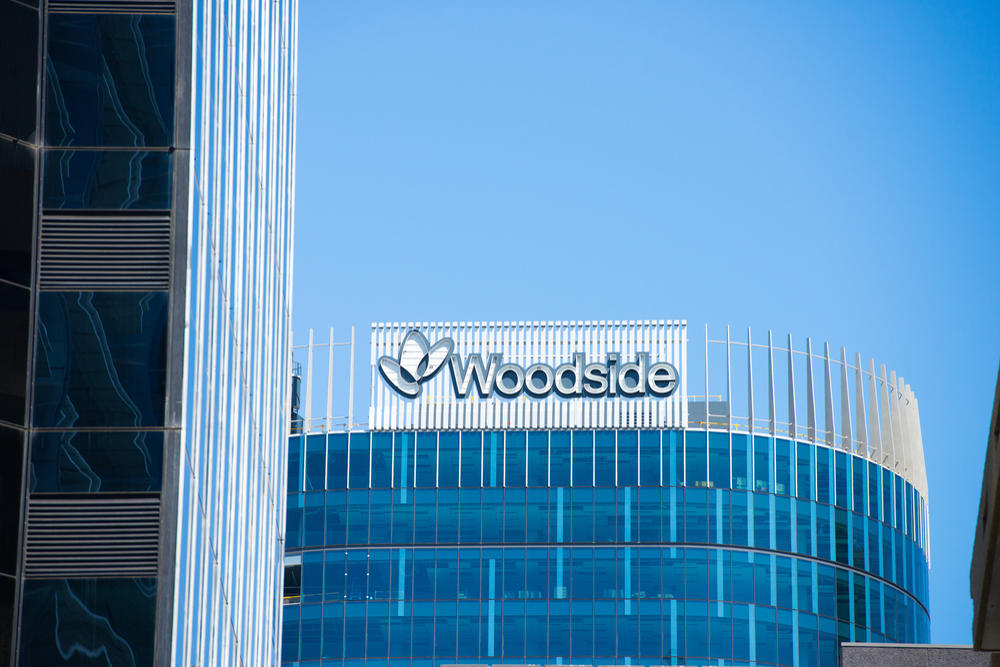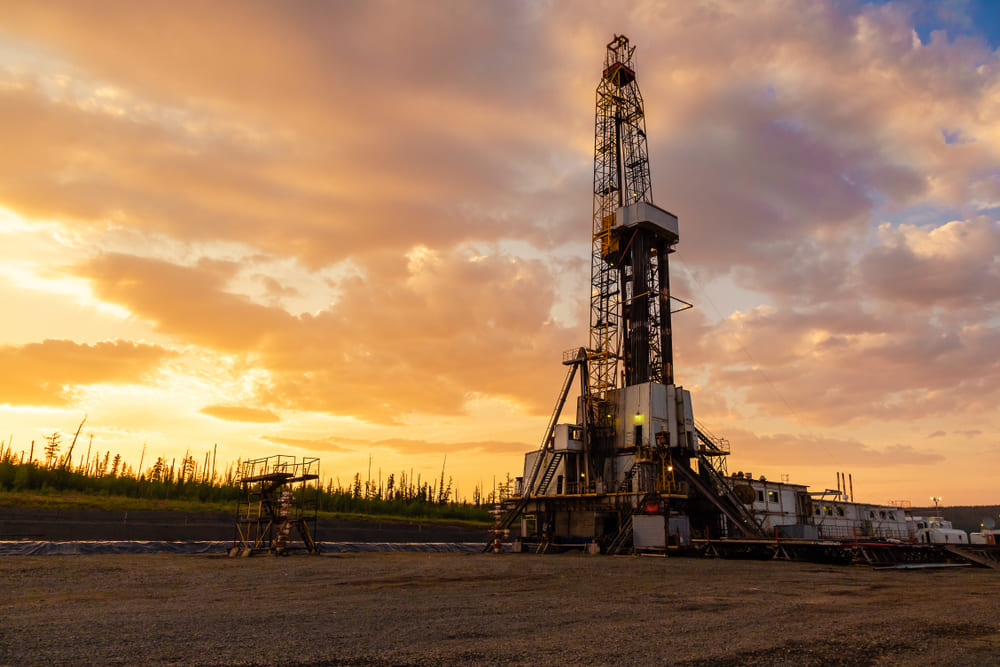
A new report from Frontier Economics has found that gas is a critical element in the electricity system’s net-zero future, as it is best placed to secure the energy system during renewable droughts – situations where renewable generation is unavailable to meet energy demand over a prolonged period.
The report, titled Potential for Gas Powered Generation to Support Renewables, uses South Australia’s experience to understand the role gas-powered-generation plays in a system with a large amount of renewable generation.
The report found that gas’ role in providing firming power is often undervalued in long-term investment modelling, and that emissions from gas-powered-generation – brought online to support renewable generation – are likely to be very low.
Frank Tudor, Managing Director of energy infrastructure company, Jemena, said the report demonstrates the crucial role gas will continue to play in delivering reliable, affordable, and sustainable energy.
“This report demonstrates that the most efficient way of achieving net-zero emissions in the electricity sector is to ensure gas-powered and renewable generation work in concert with one another, with gas providing crucial firming power when renewable generation is unavailable, particularly over prolonged periods when other firming solutions such as battery and pumped hydro will have depleted,” he commented.
“Modelling in the report demonstrates that the gas/renewable generation partnership is also the cheapest way of achieving net-zero emissions, with total resource costs reducing by as much as 36 per cent when gas-powered generation is used to support renewables.”
Mr Tudor said businesses like Jemena are prepared to continue investing in gas infrastructure, but called for greater importance to be placed on the insurance role provided by gas-powered-generation.
Decarbonising Australia’s Gas Network
Mr Tudor said a number of trials around the country are testing the application of renewable gases – including hydrogen and biomethane – in residential and commercial, storage, and transport settings. These trials offer a pathway towards decarbonising Australia’s gas networks, while also developing a potential renewable gas export industry.
“Through partnerships with the Australian Renewable Energy Agency (ARENA), Sydney Water, and others Jemena is on track to produce green, zero-carbon, hydrogen and biomethane which can be injected into our gas distribution network in New South Wales,” he shared.
“Our Australian-first biomethane project will generate around 95 Terajoules of renewable green gas per year, which is enough to meet the gas demand of approximately 6,300 homes.”
“If proven, we believe around 30,000 Terajoules of biomethane can be produced which is enough gas to meet the needs of our 1.4 million customers in New South Wales.”
“Similarly, our hydrogen project – the Western Sydney Green Gas Project – will consider the role of hydrogen in residential and importantly transport settings.”
Mr Tudor said Jemena believes that hydrogen has great potential in powering haulage, public transport, and other large vehicles which are required to travel long distances without refuelling or recharging. He added that hydrogen can be easily blended into the gas distribution grid to give customers the option of accessing renewable gas.
“Jemena and ARENA are investing $15 million in the Western Sydney Green Gas project which is expected to deliver gas later this year, while Jemena’s biomethane project will receive $14 million in funding, comprised of $5.9 million in grant funding from ARENA and $8.1 million in funding from Jemena.”








